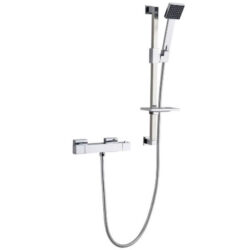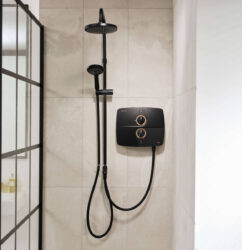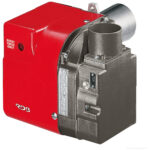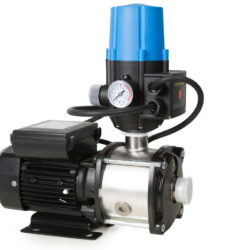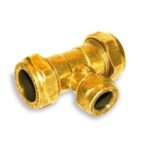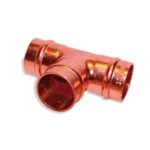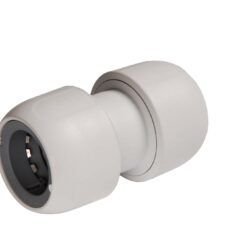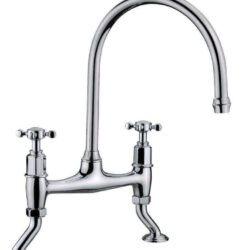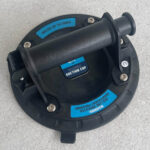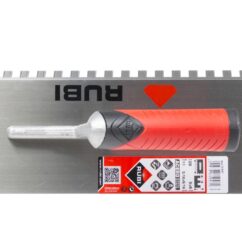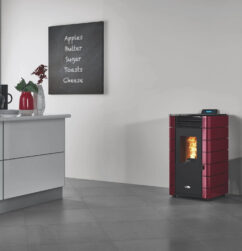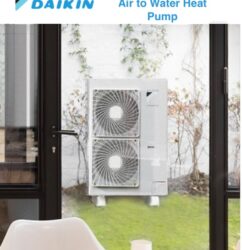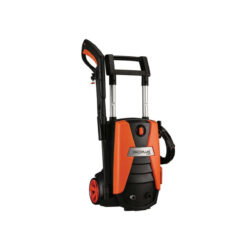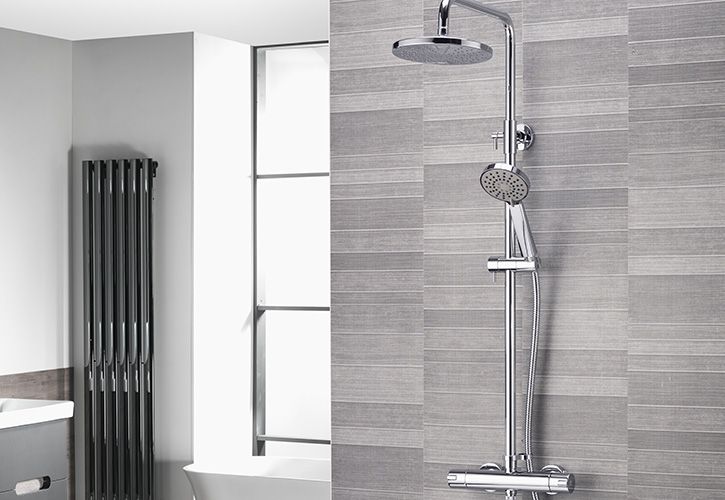In the world of energy-efficient heating and cooling systems, heat pumps have emerged as a star player, offering homeowners a versatile and eco-friendly solution to maintain ideal indoor temperatures year-round. If you’re in search of an efficient and cost-effective way to keep your home comfortable, it’s time to dive into the world of heat pumps. In this article, we’ll explore what heat pumps are, how they work, their types, and the myriad benefits they bring to your home.
What Are Heat Pumps?
A heat pump is a mechanical system designed to transfer heat from one location to another. It operates by leveraging the principles of thermodynamics to extract warmth from a source (such as the outdoor air, ground, or water) and then distributing it for heating or cooling purposes. What sets heat pumps apart is their ability to function as both heating and cooling systems, providing versatile comfort throughout the seasons.
How Do Heat Pumps Work?
The operation of heat pumps can be distilled into several key steps:
- Heat Absorption: In heating mode, the heat pump absorbs warmth from an external source, which can be the outdoor air (air source), the ground (ground source or geothermal), or water (water source).
- Heat Compression: The absorbed heat is then compressed using a refrigerant, causing its temperature to rise significantly.
- Heat Distribution: The heated refrigerant is circulated through the indoor unit, where it releases the collected heat into the living space. In cooling mode, the process is reversed, expelling heat from the indoor area.
Types of Heat Pumps:
- Air-Source Heat Pumps (ASHP): These are the most common type and extract heat from the outdoor air. ASHPs are relatively easy to install and are ideal for regions with moderate climates.
- Ground-Source Heat Pumps (GSHP): GSHPs use the stable temperature of the ground to provide heating and cooling. They are highly efficient but may require more extensive installation.
- Water-Source Heat Pumps (WSHP): WSHPs utilize water sources like lakes, rivers, or well water for heat exchange. They are efficient but require access to a water source.
Benefits of Heat Pumps:
- Energy Efficiency: Heat pumps are known for their high energy efficiency, as they move heat rather than generate it. This can result in significant energy savings compared to traditional heating and cooling systems.
- Year-Round Comfort: Heat pumps offer both heating and cooling capabilities, making them versatile solutions for maintaining comfort in all seasons.
- Environmental Benefits: By reducing reliance on fossil fuels, heat pumps contribute to lower greenhouse gas emissions, promoting a greener and more sustainable environment.
- Longevity: Properly maintained heat pumps can have a longer lifespan compared to traditional HVAC systems.
Considerations for Installation:
When considering a heat pump installation, factors such as climate, available space, budget, and energy efficiency goals should be taken into account. Consult with a qualified HVAC professional to assess your specific needs and recommend the most suitable heat pump type and size for your home.
Conclusion:
Heat pumps are a beacon of energy-efficient home climate control. With their ability to provide both heating and cooling functions while reducing energy consumption and environmental impact, they are an excellent choice for modern homeowners. If you’re looking to upgrade your home’s HVAC system, exploring heat pump options could be a wise and eco-conscious decision. A well-maintained heat pump not only ensures comfort but also contributes to a sustainable and energy-efficient future for your home.


